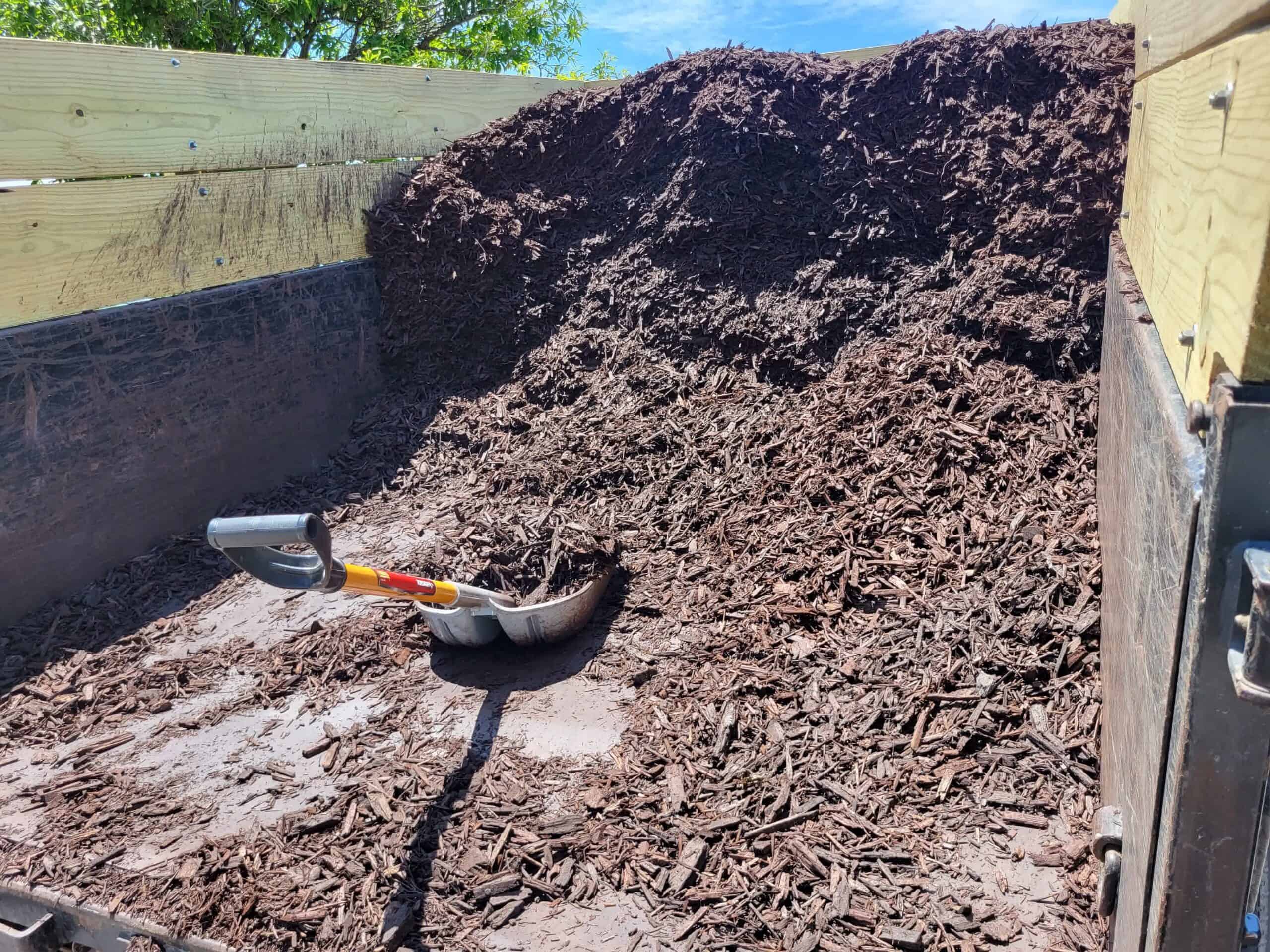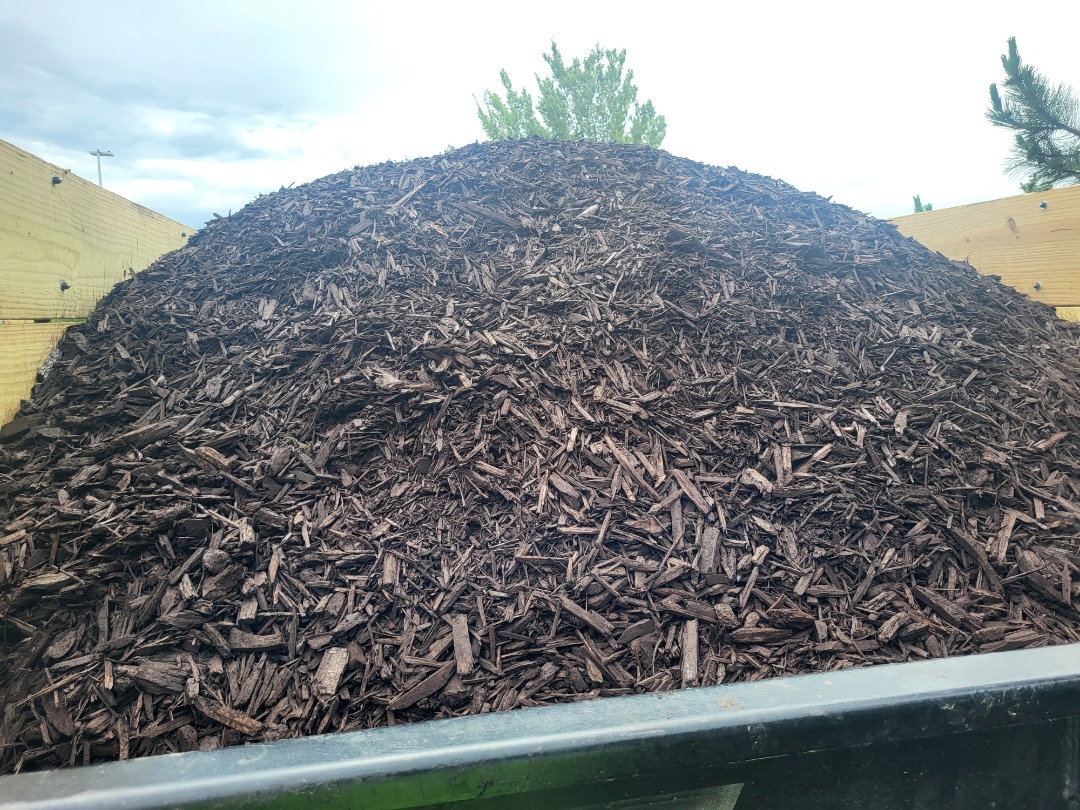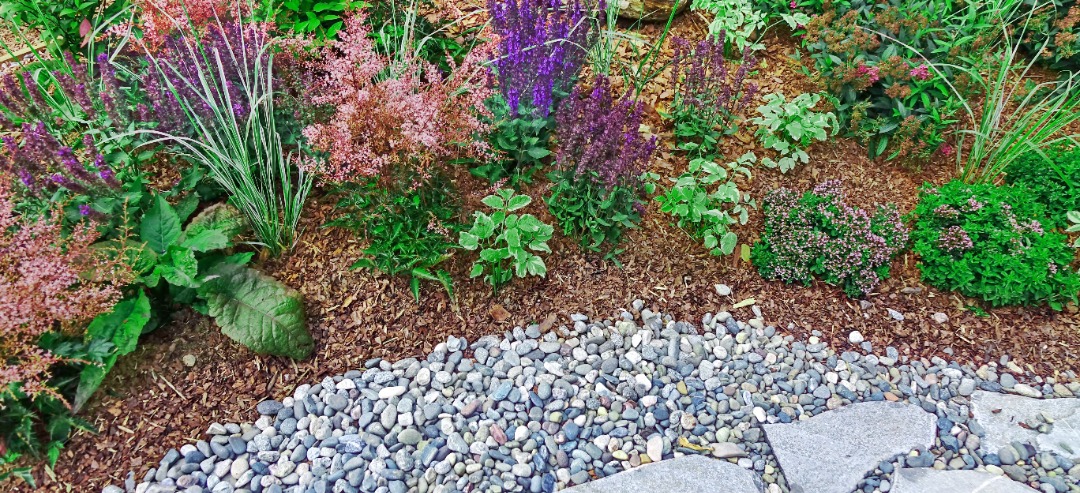Different Mulches And Their Benefits
Mulch plays a crucial role in landscaping and garden health, yet many homeowners overlook its value beyond aesthetics. While it certainly adds visual appeal to flower beds, walkways, and around trees, mulch also provides powerful benefits that improve soil quality, suppress weeds, and conserve moisture. With a variety of mulch types available, each offering its own set of advantages, understanding which mulch works best for your needs is the first step toward smarter lawn care. In this guide, we’ll explore the different types of mulch and how they contribute to a healthier, more attractive outdoor space.
Exploring Different Mulch Options and Their Benefits
Organic Mulch: Natural Enrichment for Soil and Plants
Organic mulch is made from natural materials that decompose over time, enriching the soil with nutrients as they break down. Popular options include shredded bark, wood chips, leaves, straw, pine needles, and compost. Each of these choices brings something unique to the table, but they all share one key advantage—they feed your soil while they insulate and protect it.
Bark mulch and wood chips are especially common in residential landscapes. As they decompose slowly, they provide long-term soil conditioning while creating a clean, finished look in garden beds. Leaves and straw, while less decorative, are highly effective in vegetable gardens and around newly planted trees or shrubs. These mulches help regulate soil temperature, retain moisture, and create a welcoming environment for earthworms and beneficial microbes.
One important thing to consider with organic mulches is that they must be replenished periodically. As they decompose, their volume decreases, and refreshing the mulch layer ensures continued effectiveness. Still, for many gardeners, the dual role of beauty and soil enrichment makes organic mulch the preferred option.
Inorganic Mulch: Long-Lasting and Low Maintenance
Inorganic mulch, unlike its organic counterpart, does not decompose and typically offers a more permanent solution. Examples include rubber mulch, gravel, river rock, and landscape fabric. These materials are ideal for areas where longevity and minimal upkeep are priorities, such as around playgrounds, walkways, or xeriscaped gardens.
Rubber mulch, made from recycled tires, is a durable option that provides excellent weed control and drainage. It’s also a popular choice in high-traffic areas due to its cushioning effect and resistance to compaction. Gravel and stone mulches are well-suited for modern landscape designs and areas prone to erosion. They allow for excellent water runoff and do not blow away in the wind, making them great for windy or sloped locations.
While inorganic mulches don’t improve soil health the way organic ones do, they require far less maintenance and can still help prevent weeds, reduce water loss, and enhance the overall appearance of your outdoor space.

The Functional Benefits of Using Mulch
Weed Suppression and Moisture Retention
One of the most immediate and noticeable benefits of mulch is its ability to suppress weed growth. By blocking sunlight from reaching weed seeds, mulch makes it significantly harder for invasive plants to take root and compete with your desired flowers or vegetables. This reduces the time and effort you spend weeding, while also minimizing the need for herbicides.
Mulch is also a powerful tool for retaining soil moisture. Especially during hot summer months, a layer of mulch acts like a blanket that slows evaporation and keeps the ground cooler. This helps your plants stay hydrated longer and reduces the frequency of watering, which is both environmentally friendly and cost-effective. In drought-prone areas, this benefit is particularly valuable, making mulch an essential part of water-wise landscaping.
Temperature Control and Erosion Prevention
Mulch helps regulate soil temperatures by keeping the ground warmer in the winter and cooler in the summer. This insulation is especially beneficial for shallow-rooted plants and perennials, as it protects them from temperature extremes and sudden weather changes. In early spring, mulch can help warm the soil slightly faster, encouraging earlier growth and bloom cycles.
Additionally, mulch is a powerful ally in preventing erosion. When heavy rains or windstorms hit, bare soil can easily wash away or compact. A good layer of mulch acts as a buffer, absorbing the impact of rainfall and reducing runoff. This helps keep topsoil in place and preserves the integrity of flower beds, slopes, and other vulnerable areas in your yard.

Choosing the Right Mulch for Your Landscape
Aesthetic Appeal and Design Harmony
Beyond its practical applications, mulch plays a significant role in enhancing the visual appeal of your landscape. The color and texture of mulch can complement the overall design of your garden, creating a cohesive and polished look. Dark brown and black mulches are often used in modern or formal landscapes, while natural-colored wood chips or straw lend themselves to rustic and casual designs.
When selecting a mulch, think about the tones and features of your home’s exterior, as well as the surrounding plant life. Mulch should frame and highlight the beauty of your landscaping—not distract from it. In addition, certain colored mulches can fade over time, so keep in mind how they will age with exposure to sunlight and weather conditions.
Matching Mulch Type to Planting Needs
Every part of your yard may require a slightly different mulch strategy. For example, vegetable gardens benefit from mulch that breaks down quickly and adds nutrients, such as compost or shredded leaves. Decorative beds with shrubs or perennials might do better with bark mulch, which stays in place longer and enhances visual appeal.
Tree rings and pathways often benefit from inorganic mulch like stone or rubber, which won’t wash away or need frequent replacement. Understanding the specific needs of each part of your landscape ensures that you get the most value and functionality from the mulch you choose.

Conclusion
Mulch is much more than just a finishing touch. Whether organic or inorganic, the right mulch can dramatically improve soil health, conserve water, suppress weeds, and elevate the beauty of your landscape. With so many mulch types to choose from, it’s important to consider both the functional and aesthetic benefits to find the perfect match for your garden’s needs. As you plan your next landscaping project, take time to think about the kind of mulch that will not only protect your plants but also enhance the overall look and longevity of your outdoor space. Get in touch with us today to learn more.

"*" indicates required fields

Stephanie D.

Nolan A.

Tom F.

Anthony H.
 (316) 435-3509
(316) 435-3509 office@divine-lawns.com
office@divine-lawns.com